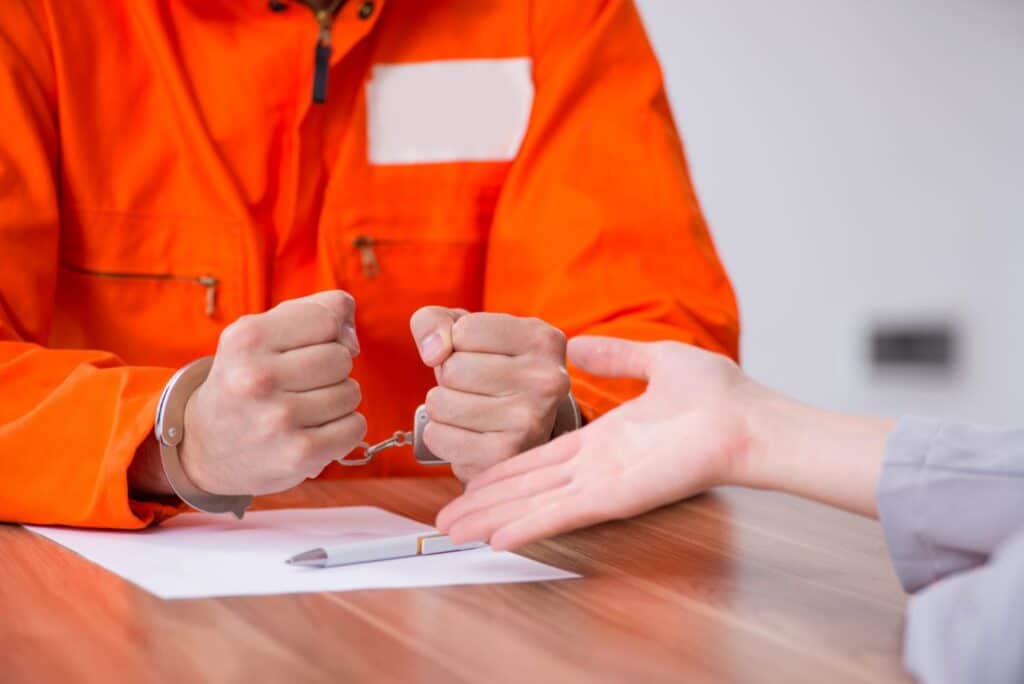In a recent blog post, we talked about how things that you say during a plea discussion cannot be used against you in a subsequent trial. The source for this is Rule 410 in the Maine Rules of Evidence.
However, lawyers love to argue and fight for their client’s best interests. Naturally, this created a heated discussion over what could properly be called a “plea discussion.” After all, if statements made during one were inadmissible in trial, but statements made outside of one could be heard by a jury, knowing exactly when a plea discussion starts and when it ends can make a huge difference in a criminal trial.
An Example of How This Can Make a Difference
Whether a discussion is technically a “plea discussion” – and therefore whether what you say during the talk can be used as evidence against you – can come up in numerous situations. Here’s an example of one of them.
A man named Shawn Little got arrested, charged for armed robbery, and then released on bail before trial. Despite the fact that he had a lawyer, Little went to the police station on his own and asked to speak with a detective. Once the two were in an office together, Little said that he wanted to make a plea deal. The detective repeatedly refused to talk to him until Little’s attorney was present, but Little insisted, and then said, “You know I did the robbery, help me make a deal.”
The prosecution used Little’s statement in trial, and Little was convicted of armed robbery. Little appealed, claiming that what he’d said was during a plea discussion, and so should never have been allowed into court for his trial.
The Key Test: Expectations
So, was Little’s discussion with the detective a plea discussion?
Not according to the Supreme Court of Maine.
A talk with law enforcement is only considered a plea discussion if the person accused of a crime expects to negotiate a plea during the discussion, and this expectation is reasonable, considering everything else that’s going on.
When it came to Shawn Little’s case, the first part of this test was satisfied – Little went to the detective for the purpose of negotiating a plea deal. However, for Little, it was the second part of the test that was his undoing. Because the detective repeatedly refused to talk to him, and insisted that Little bring his attorney, Little’s expectation to make a plea deal became unreasonable. Because he could no longer expect the discussion to lead to a plea deal, Rule 410 of the Maine Rules of Evidence no longer prevented Little’s statements about the robbery from being used in his trial.
Maine Criminal Defense Attorney William T. Bly
Whether a talk with the police is technically a “plea discussion” can be a huge factor in your case, and can be the difference between a conviction and the charges being dropped. Having a skilled Maine criminal defense attorney on your side for these situations is absolutely critical. Contact the law office of William T. Bly online or at (207) 571-8146.


